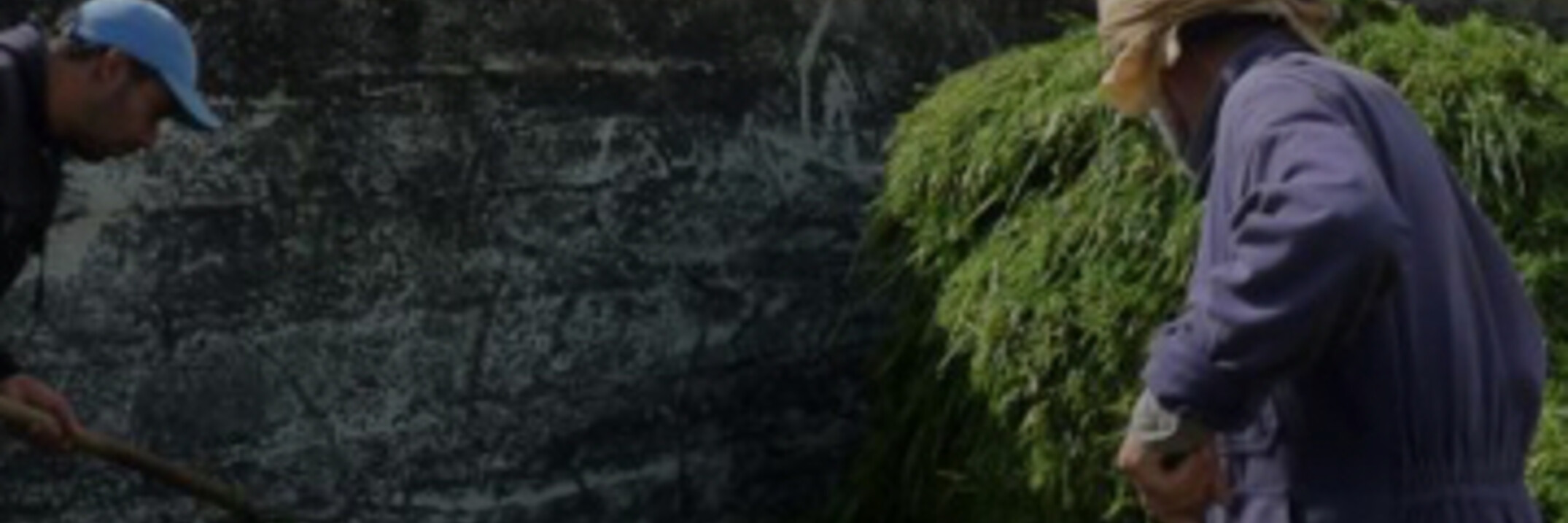Following The International Commission on Irrigation and Drainage (ICID) and ICARDA’s MoU signing, ICARDA’s Soil, Water, and Agronomy (SWA) Team actively participated in the 5th African Regional Conference organized by ICID between November 23rd and 30th, 2021, in Morocco.

